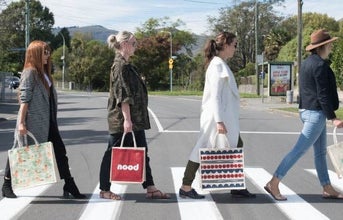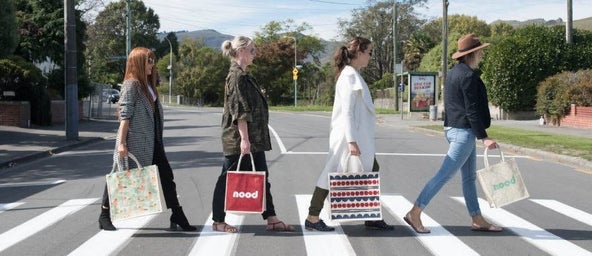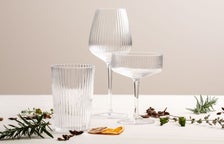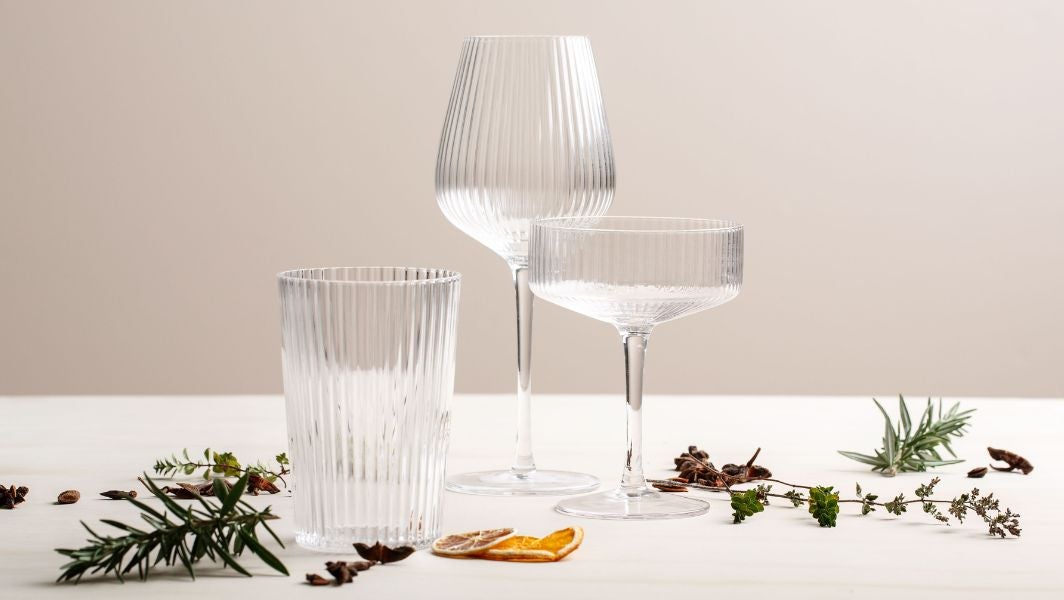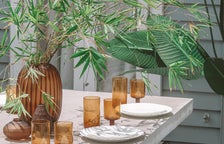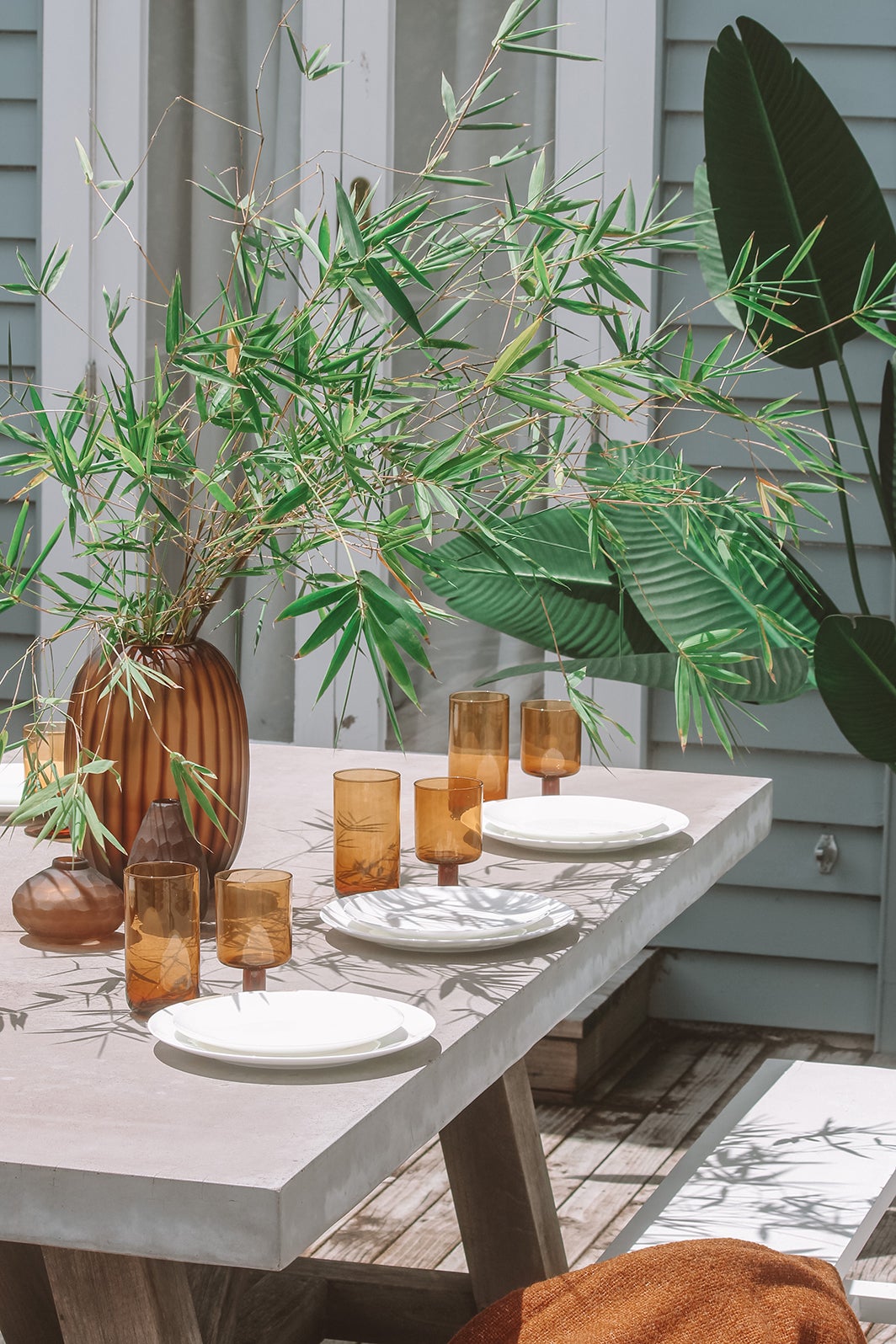Wraps for Good
Nood are excited to announce a new product arriving in stores this August. Wraps For Good – sustainable, New Zealand made beeswax wraps. Below we have got a Q&A with the founders Chrissy and Paul to learn a bit more about this amazing product.
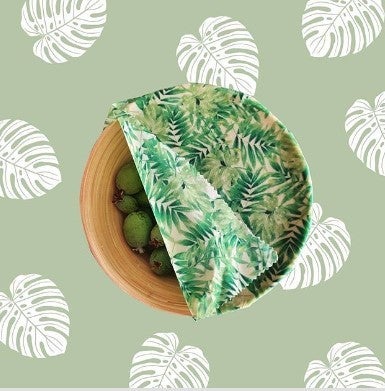

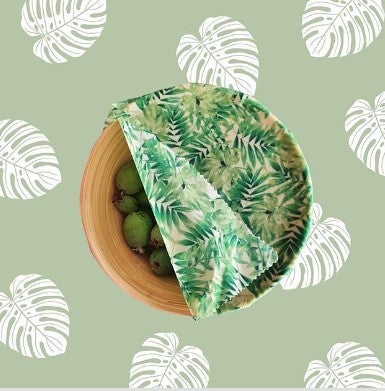
Tell us a bit about yourselves
Residing in the absolutely gorgeous Hibiscus Coast in Auckland, we are a husband and wife team raising two young children, two cats and a dog whilst trying to be as sustainable as practically possible. We love to get out and explore our wonderful country, but also love snuggling up on the couch with a good movie or live sport!
How did Wraps For Good come about?
We’ve been passionate about less waste education for a wee while now. We had a unique situation where we found Chrissy didn’t want to return to full-time work when our daughter turned one year old. She was born at 26 weeks so effectively she was only 6 1/2 months old, so there was no way we were going to put her in to full time care having just spent most of her life in hospital. The Wraps For Good business all happened very organically. We started off making them in our oven and going to local markets on weekends before we had some really incredible opportunities come our way which we couldn’t turn down. We have taken every open door in front of us and have challenged ourselves constantly to improve and produce a better product. We try to maintain a good work/life balance but let’s be honest, when you own a small business operating out of your home, late nights become the new normal!
We want to be part of the solution, not the problem, so we make sure our packaging is minimal and won’t be here in 50 years.
Finally, it is so important for us to be helping others. We are so proud that we are able to pass on $1 from every pack sold to good causes. This year we are supporting One For Her, Essentially Men and Down To Earth Kiwis NZ, and we are proud to have donated over $1,300 to the Neonatal Trust in 2019.

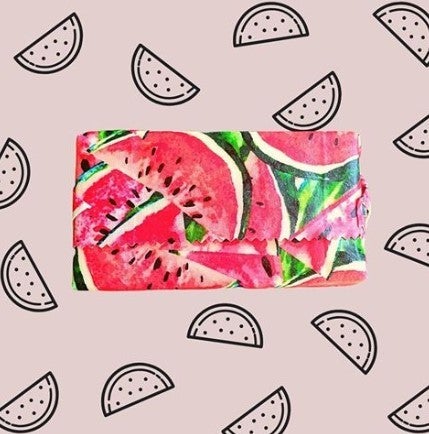
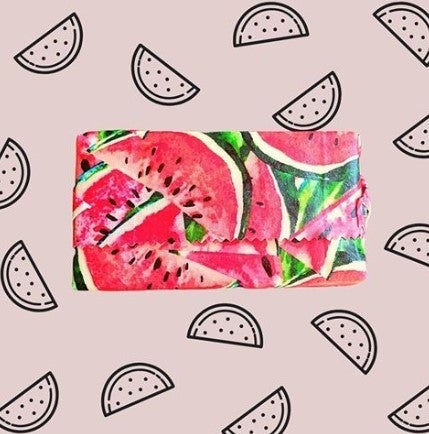
What are your beeswax wraps made of?
We use 100% cotton fabric infused with a special mix of natural beeswax, pine resin and jojoba oil. We put a lot of effort in to choosing designs that are really fun and compliment peoples’ lifestyles.
We try and do a few markets a year just so we can talk to people and get feedback on how they are working/ what people do and don’t like about them. We’ve found that most people don’t like a very strong smelling beeswax as it can sometimes come off on your food. We’ve looked around and found a beeswax which is milder than most. It still smells great but doesn’t overpower your senses.
Can you give us some ideas of how and where to use them?
Beeswax wraps were effectively designed as a more sustainable option to plastic cling wrap. They keep food incredibly fresh and the best part is you can use them over and over.
Never chop off hard yellow ends of your cheese block ever again!
Make snack pouches to take your crackers, nuts and other snacks on the go with you or in your kid’s lunchboxes.
Keep your sandwich or wrap fresh ‘til lunchtime.
Half avocados stay green longer.
Stops left over veges like red onion from going off in your fridge.
Cover bowls, plates, containers and jars that have lost their lids.
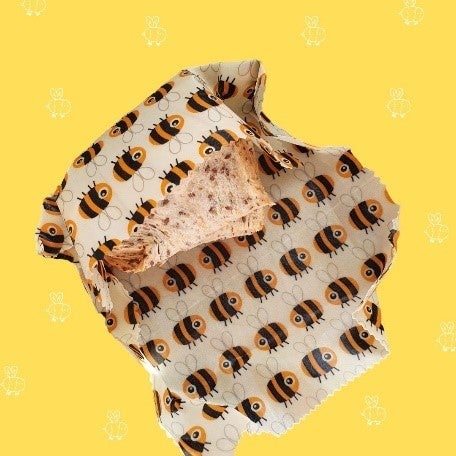
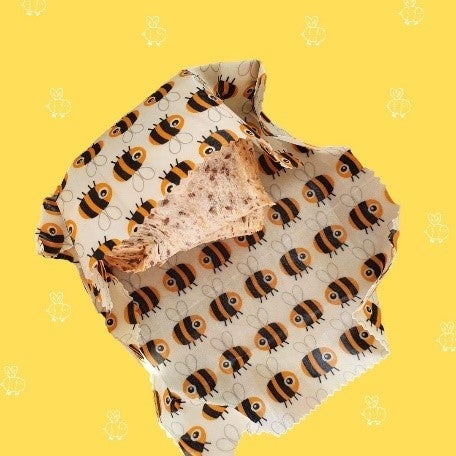
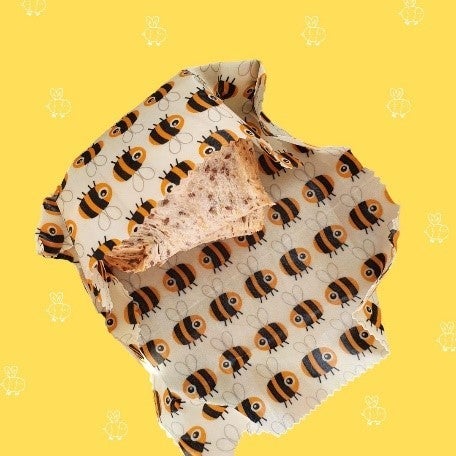
How do you wash the wraps?
Beeswax wraps are very low maintenance. A quick dip under some cold water or a wipe down with a cloth and they are ready to go again. They are full of natural antibacterial goodness.
Just don’t heat them up in any way or the wax composition will melt and likely leave you with a bit of a mess. Avoid using meat with them as it risks contamination with other foods and can be messy to clean up!
What sizes do you have?
Small - 22cm x 22cm
Medium - 22cm x 32cm
Large - 32cm x 32cm
These are approximate sizes as we often have to trim off a wax edge.
How long will they last for?
We get asked this a lot and it really varies depending on how they are used and cared for. We have some made over a year ago that are still going strong but the stickiness is starting to fade. Once we’re done with a wrap we put it in our compost bin to break down, ensuring we minimise landfill waste.
